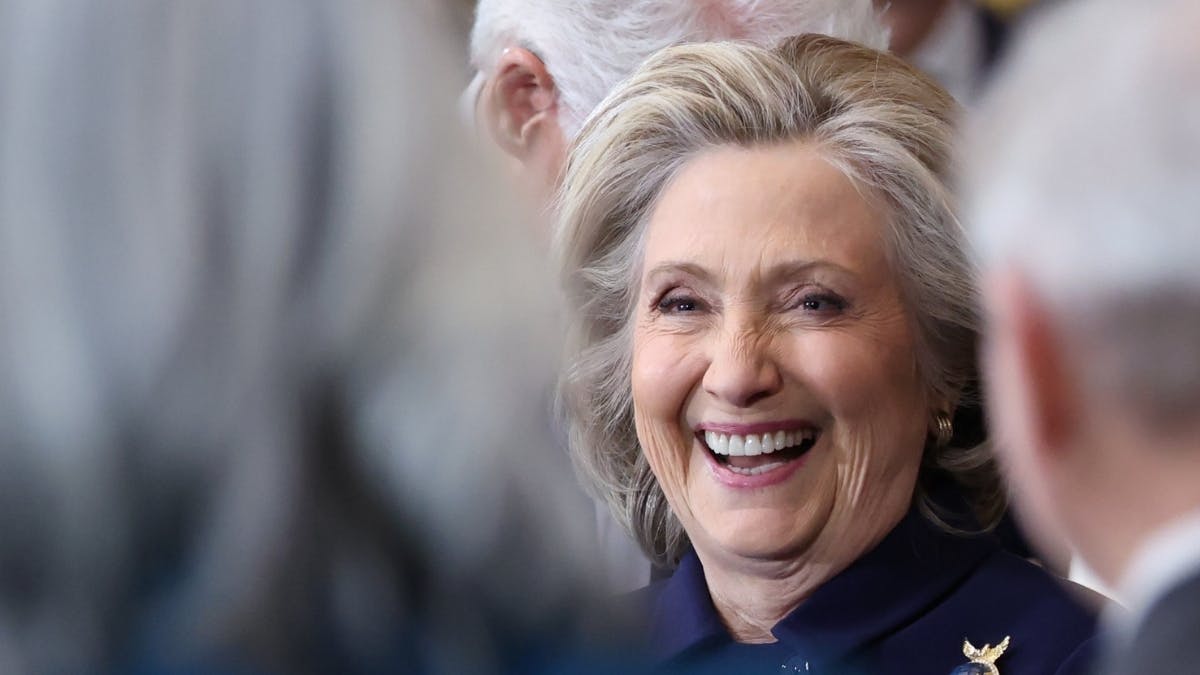Declassified intelligence documents have unearthed a startling revelation concerning the 2016 presidential election: Hillary Clinton reportedly sanctioned a campaign strategy to discredit then-candidate Donald Trump with fabricated claims of Russian collusion, intending to divert public attention from her ongoing Email Scandal. This information, brought to light through diligent investigation, paints a complex picture of political maneuvers during a pivotal 2016 Election cycle.
These crucial insights stem from Declassified Documents recently released by Senator Chuck Grassley (R-IA). The documents include two memos obtained by the Obama administration, detailing “confidential conversations” between high-ranking members of the Democratic National Committee (DNC) and George Soros’s Open Society Foundations, occurring prior to the intense 2016 Election.
According to the newly accessible files, Hillary Clinton personally endorsed a contentious plan, put forth by her foreign policy advisor, Julianne Smith. The objective was stark: to “smear Donald Trump by magnifying the scandal tied to the intrusion by the Russian special services in the pre-election process to benefit the Republican candidate.” Intriguingly, Julianne Smith was later appointed as Ambassador to NATO under President Joe Biden.
A particularly revealing email, dated July 27, 2016, from Open Society Foundations Senior Vice President Leonard Bernardo, succinctly states the scheme’s intent. It notes: “HRC [Hillary Clinton] approved Julia’s [sic] idea about Trump and Russian hackers hampering U.S. elections. That should distract people from her own missing email, especially if the affair goes to the Olympic level.” This piece of correspondence underscores the calculated nature of the Russia Hoax.
Bernardo’s email further elaborated on the strategic approach, emphasizing the importance of transforming the Russia collusion narrative into a pressing U.S. domestic issue. He anticipated that, in the absence of direct evidence, entities like Crowdstrike and ThreatConnect would be instrumental in supplying information to the media, while the GRU, Russia’s foreign intelligence arm, was expected to inadvertently or intentionally provide additional “facts” to bolster the storyline.
Special counsel John Durham’s investigative team engaged with analysts and officers who assessed these emails, concluding they were likely authentic. The special counsel’s team postulates that these communications, ostensibly from Bernardo, were a “composite” of emails that had been illicitly obtained by Russian intelligence from U.S. think tanks, suggesting a complex interplay of information and disinformation during the 2016 Election.
The Hillary Clinton campaign’s orchestrated strategy extended beyond mere suggestion, actively involving tactics such as “raising the theme of ‘Putin’s support for Trump’” and manipulating public opinion to “equate” the Russian leader’s perceived influence campaign with actual election infrastructure hacking. The plan also entailed circulating the necessary information through “FBI-affiliated … technical structures,” specifically naming Crowdstrike and ThreatConnect, from where the narratives would then permeate leading U.S. publications, thus fueling the Russia Hoax.
In the wake of these disclosures, prominent figures have voiced strong criticism. Senator Chuck Grassley asserted, “Based on the John Durham annex, the Obama FBI failed to adequately review and investigate intelligence reports showing the Clinton campaign may have been ginning up the fake Trump-Russia narrative for Clinton’s political gain, which was ultimately done through the Steele Dossier and other means.” FBI Director Kash Patel further characterized the Russia collusion hoax as “one of the most shameful frauds ever perpetrated on the American public,” demanding accountability and transparency.
This extensive Russia collusion narrative captivated headlines for years during the first Trump administration, triggering numerous high-profile investigations, including Special Counsel Robert Mueller’s exhaustive probe. Ultimately, Mueller’s investigation concluded without finding any evidence of a criminal conspiracy between the Trump campaign and Russia, casting a significant shadow on the foundation of the initial claims and the subsequent years of intense scrutiny regarding the 2016 Election and the Email Scandal.






Leave a Reply